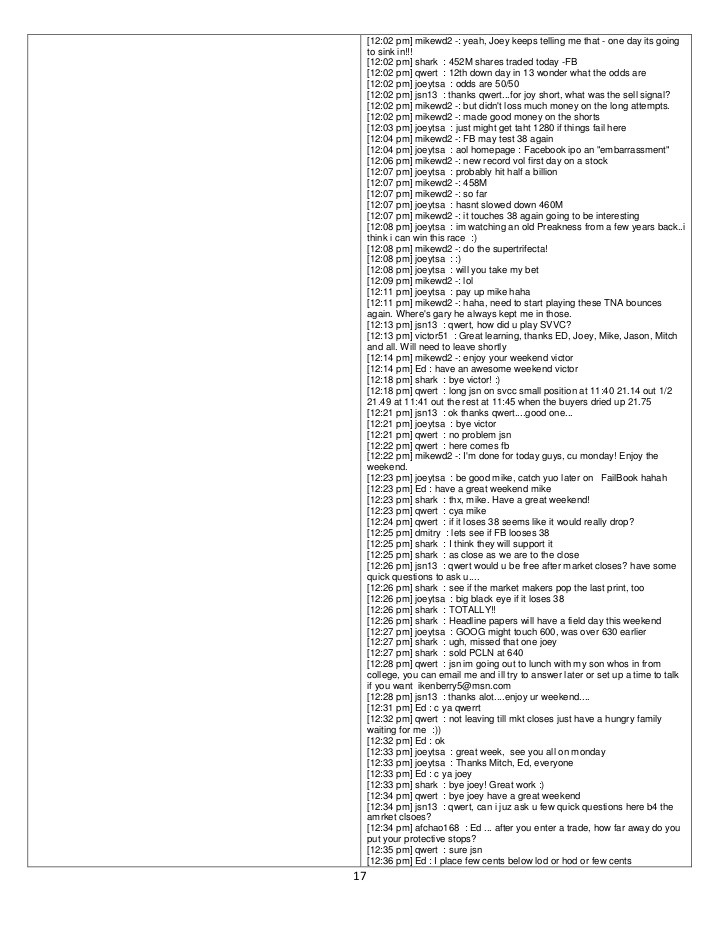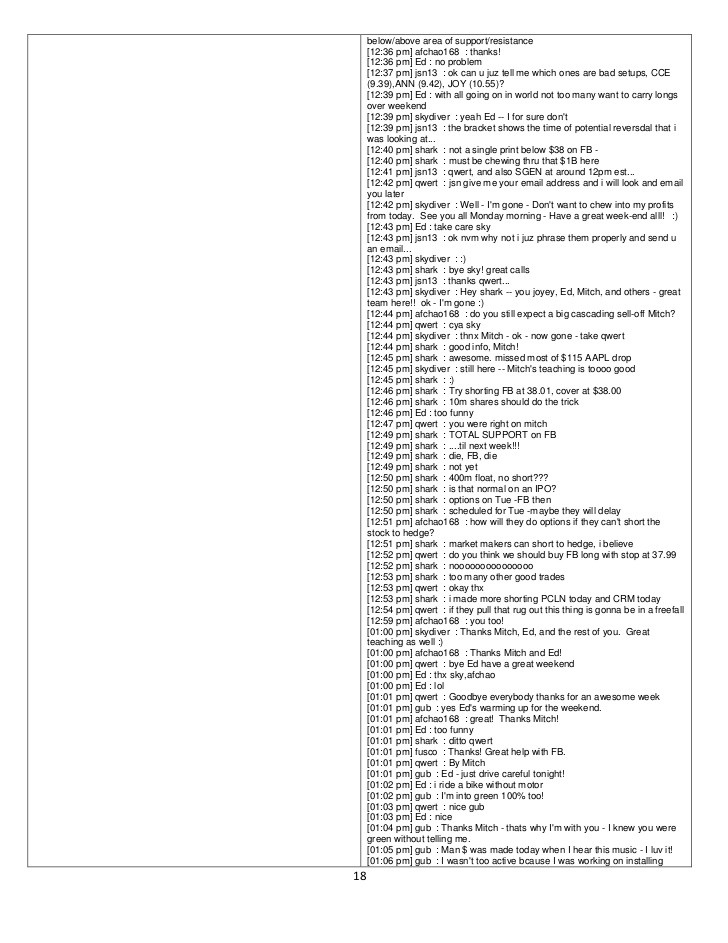BATS Moves Into Damage Control After Scrapped IPO
Post on: 2 Апрель, 2015 No Comment

Just three of the words BATS Global Markets Chairman and CEO Joe Ratterman used in describing the firm’s botched initial public offering Friday, which went haywire due to a software glitch that also happened to result in erroneous trades in one of the most-discussed stocks in the world, Apple .
In a letter to customers and the trading community distributed Sunday (below), Ratterman apologized for the technical failure that forced the company to halt trading in its own shares and ultimately cancel the IPO. (See “Bad Day For BATS: IPO Withdrawn, Snafu Causes Apple Halt.” )
Shares of Apple were no worse for the wear Monday — up 0.2% to $597.08 following the cancelled trades as low as $542.80 Friday — but the same cannot be said for BATS, which has put its IPO plans on hold “for the foreseeable future,” after the technical issues had prices for the stock showing up in the pennies for an offering that priced at $16 per share Thursday.
“We know we have a lot of work ahead to win back the trust and confidence of our members, the industry and the
investing public,” Ratterman says in a message on the BATS website. “And we will do everything we can to make that happen. You can count on it.”
While the scrapped offering undoubtedly dings BATS’ credibility as a listing venue and with Wall Street. it is also the latest example of a market mess that goes over the head of average investors. Like high-frequency trading and the Flash Crash of May 2009, it is likely that many individual investors knew little about BATS as a trading and listing venue before Friday, or that it holds the third spot in U.S. equity trading volumes behind NYSE Euronext and Nasdaq OMX Group .

Proponents of high-frequency trading and ever-faster electronic exchange infrastructure argue that such advances in technology ultimately trickle down and benefit the little guy, by filling orders more rapidly and at more competitive prices. Though there may be evidence of such trends, there is something to be said for what blowups like the Flash Crash or Friday’s BATS debacle due to the public’s fragile confidence that markets are fair to all participants.
Two weeks before the BATS debacle, I met with Seth Merrin, founder and chief executive of Liquidnet. Merrin, whose firm is squarely focused on providing liquidity to big institutional investors moving large blocks of shares, stressed how important the little guy is for the overall health of the market. There are “massive amounts of money,” hiding out in fixed income or cash that can eventually shift into equities — Merrin cites market luminaries like Warren Buffett and BlackRock’s Larry Fink who have pounding the drum on stocks over bonds — but events like Friday’s give the average investor another reason to be leery.
“When the majority of volume is agnostic of fundamentals,” he says, referring to high-frequency trading, “you will get irrational swings.” Such trading is not illegal or immoral, Merrin says, but “if the ancillary effect is scaring away retail investors, it’s a bad thing.”
Ratterman’s letter:














